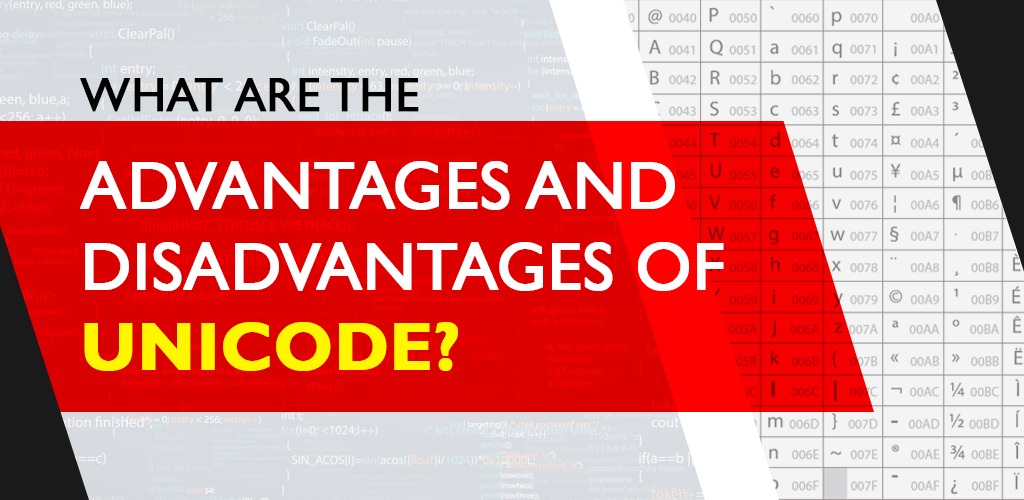Advantages of Unicode
Unicode has multiple advantages that are quite useful and helpful. It encodes the individual characters present in the web pages, text files, or any other type of documents. Unicode can support the characters from any language in the world where ASCII can only support the Basic English language. The character set of ASCII was about 128 characters, and the Unicode supports over 1,000,000 characters. The Unicode encoding standard supports up to 4 bytes for each of the characters. Another advantage is its performance for the international economy. It standardizes the data into a world writing system into an exact type. This makes the transferring and sharing of the data more convenient. All the characters in a program, which is developed by using such standards, would get their single definition. It removes the confusion of code architecture and identically assigns the characters.
The Unicode is also Internet-ready to use in E-business. This is because internet standards such as Java, JavaScript, Perl, or XML are Unicode-based. Another advantage of Unicode is its portability, it ensures the portability and interoperability that it prescribes in conformant behaviour. The programs or applications that are using Unicode can also take advantage of new technologies and can also operate with other applications.

Disadvantages of Unicode
A significant disadvantage of the Unicode is its memory requirement for UTF-16 and UTF-32. It requires more space because it has more characters. Commonly it uses 2 bytes for each character to store. It uses more bytes for larger alphabetic symbols. More amount of bits are needed for non-ASCII characters. Some of the documents cover more space that contains a particular writing system or language. Moreover, rather than counting the bytes, text processing should be done through the ICU libraries. Because one cannot tell that all characters are in a fixed size.
That was all for today. The advantages of Unicode are more than its disadvantages. And this is the reason it is the most presiding encoding standard today. Hope you guys find it helpful. If you have any questions in your mind, feel free to ask by commenting below.
Also Check out our Morse code translator
